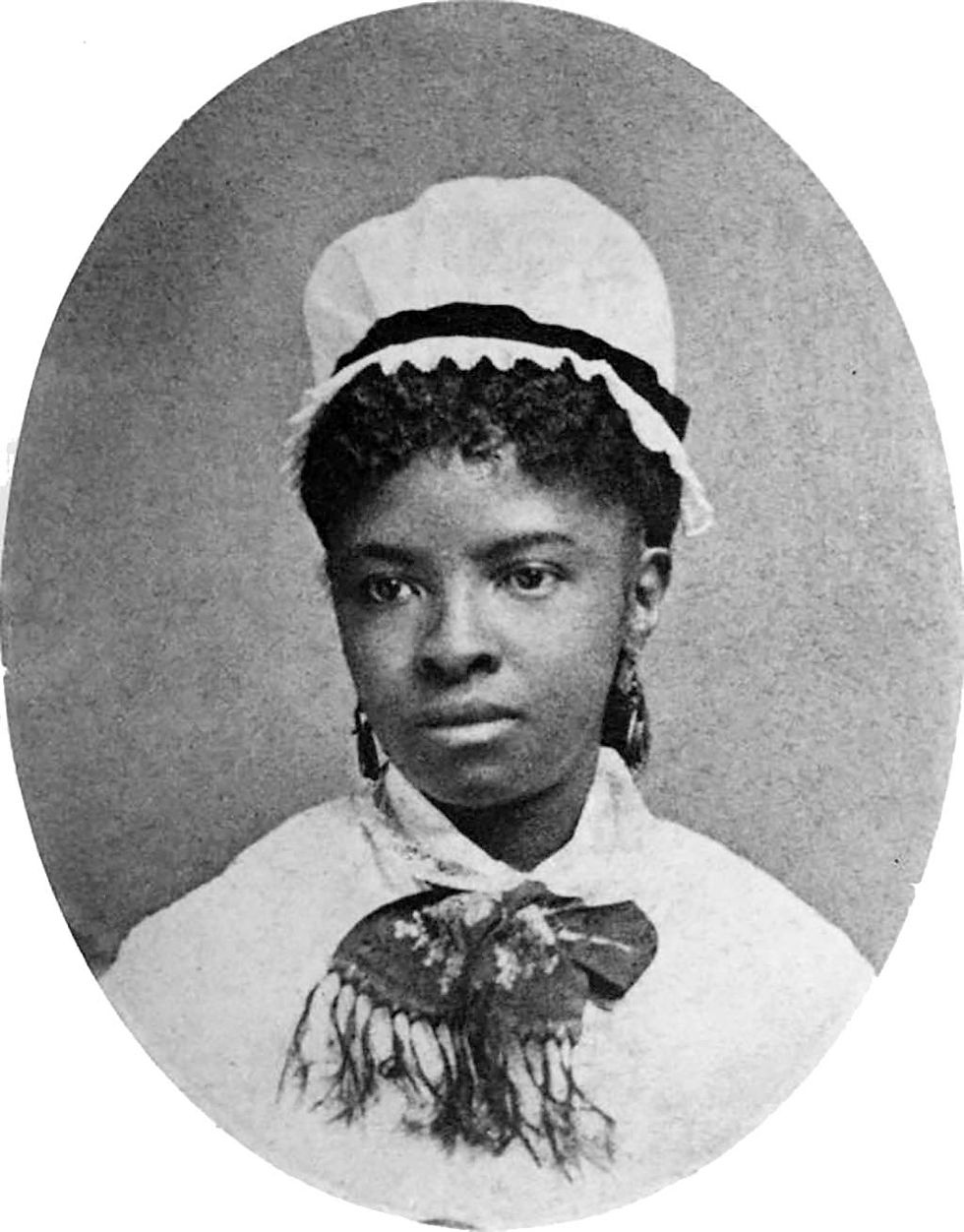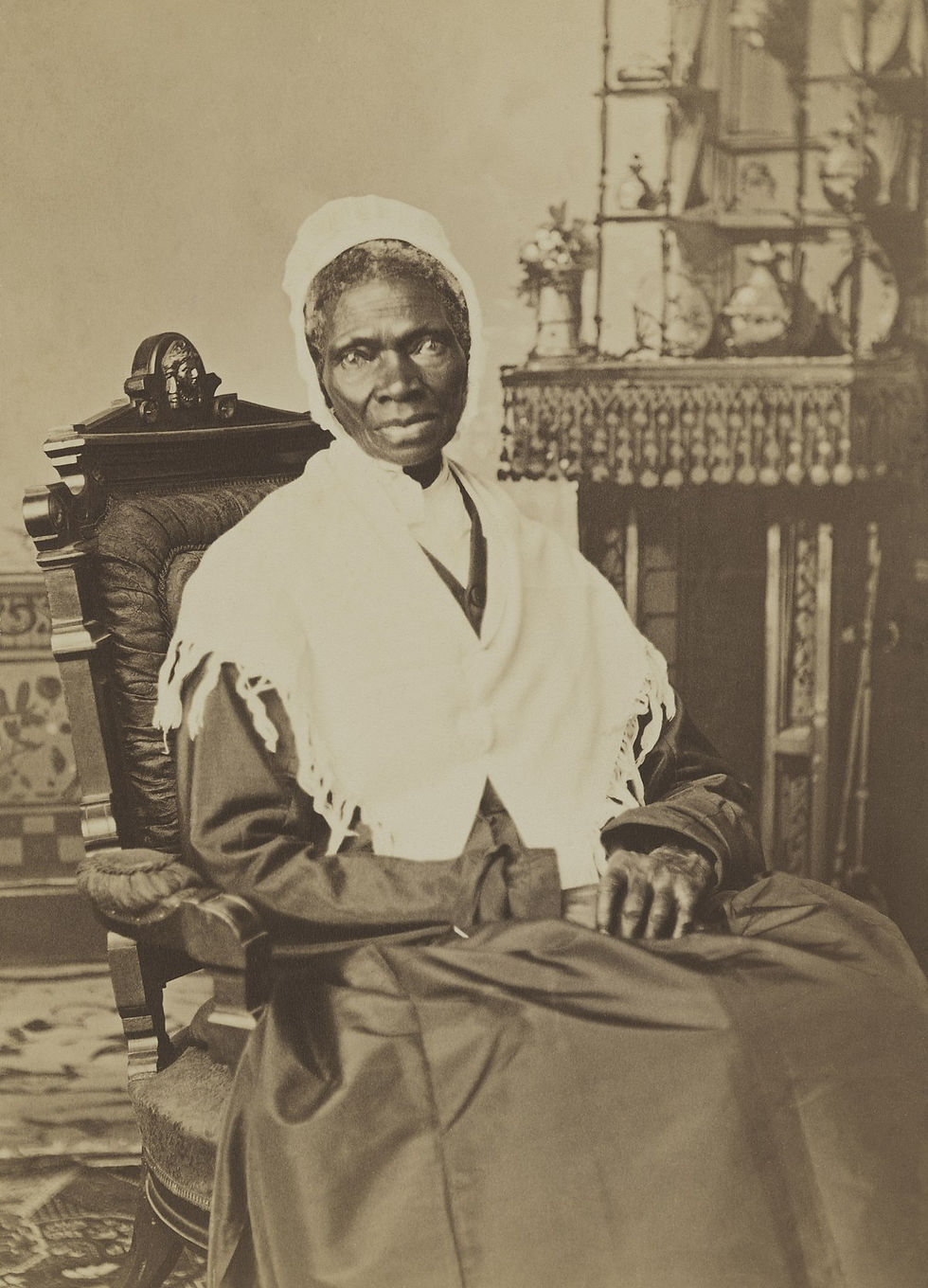7 of the Most Influential Black Nurses in Modern History
- Caring Staff

- Jun 19, 2023
- 3 min read
Updated: Oct 12, 2023
The nursing profession has been enriched by the remarkable contributions of countless black nurses who have shattered barriers and advanced healthcare. Throughout history, numerous black nurses have made significant contributions to healthcare, paving the way for future generations.
In this article, we will shine a spotlight on five remarkable black nurses whose accomplishments have left an indelible mark on the field of nursing and beyond. Their unwavering determination and groundbreaking achievements continue to inspire and uplift us all.
Harriet Tubman (1822-1913)

While primarily known for her role as a prominent abolitionist and conductor on the Underground Railroad, Harriet Tubman also made significant contributions to nursing.
During the Civil War, Tubman served as a nurse, providing care to wounded soldiers and refugees. Her tireless dedication to others, bravery, and resourcefulness saved countless lives.
Tubman's unwavering commitment to equality and justice transcended boundaries, making an indelible impact on both nursing and civil rights.
Mary Eliza Mahoney (1845-1926): The First Black Nurse

Mary Eliza Mahoney holds the distinction of being the first black professional nurse in the United States.
Despite facing numerous obstacles, Mahoney emerged as a champion of racial equality in nursing. In 1879, she graduated from the New England Hospital for Women and Children's Training School for Nurses.
Her exceptional skills and compassionate care quickly gained recognition, leading her to co-found the National Association of Colored Graduate Nurses.
Mahoney dedicated her life to promoting equal opportunities for black nurses and combating discrimination.
Susie King Taylor (1848-1912)

Susie King Taylor played a pivotal role during the American Civil War as the first black nurse to serve in the Union Army.
Born into slavery, Taylor escaped to freedom and volunteered as a nurse, teacher, and laundress for the 33rd United States Colored Troops.
Her invaluable medical knowledge and tireless efforts in caring for wounded soldiers earned her widespread respect.
Taylor also recognized the importance of education and taught soldiers how to read and write, empowering them with knowledge and self-worth.
Sojourner Truth (1797-1883)

Sojourner Truth, renowned for her advocacy for women's rights and the abolition of slavery, also played a crucial role in nursing during the Civil War.
Truth organized and led efforts to provide nursing care and relief to Union soldiers.
Her determination, compassionate nature, and strong leadership skills were instrumental in establishing the National Freedman's Relief Association, which provided vital aid and medical support to newly emancipated slaves.
Truth's tireless work in nursing and social justice remains an inspiration to this day.
Hazel W. Johnson-Brown (1927-2011)

Hazel W. Johnson-Brown etched her name in history by becoming the first black woman to attain the rank of Brigadier General in the United States Army and the first black Chief of the U.S. Army Nurse Corps.
Johnson-Brown's leadership and commitment to excellence transformed nursing in the military. She emphasized the importance of advanced education for nurses, established training programs, and implemented policies to promote diversity and equal opportunities within the Army Nurse Corps.
Mary Seacole (1805-1881)

Although not a trained nurse, Mary Seacole's remarkable contributions to healthcare during the Crimean War cannot be overlooked.
A Jamaican-born British nurse, Seacole overcame racial prejudice and bureaucratic obstacles to provide vital care to wounded soldiers.
Operating her own boarding house in Crimea, known as the "British Hotel," she offered medical treatment, comfort, and support to soldiers on the front lines.
Seacole's bravery, resilience, and determination have made her an icon of black nursing history.
Mabel Keaton Staupers (1890-1989)

Mabel Keaton Staupers was a prominent nursing leader and advocate for racial integration within the nursing profession.
As the executive secretary of the National Association of Colored Graduate Nurses (NACGN), she played a pivotal role in integrating the U.S. Army and Navy Nurse Corps during World War II.
Staupers fought tirelessly to eliminate racial barriers in nursing, striving for equal opportunities for all aspiring nurses.
Her efforts significantly improved healthcare access for African Americans and fostered diversity within the nursing workforce.
Conclusion
The accomplishments of these five remarkable black nurses represent a mere fraction of the countless contributions made by black nursing professionals throughout history. Their indomitable spirit, courage, and unwavering dedication to the well-being of others have transformed the field of nursing and shattered barriers along the way.
As we celebrate their achievements, let us honor their legacies by promoting diversity, inclusivity, and equality in nursing and beyond.
Together, we can build a future where every aspiring nurse, regardless of their background, has an equal opportunity to make a difference in the lives of others.
Not yet a part of the fastest growing nursing agency in long-term care?
Apply now on www.thecaringstaff.com/application to get started!




Comments